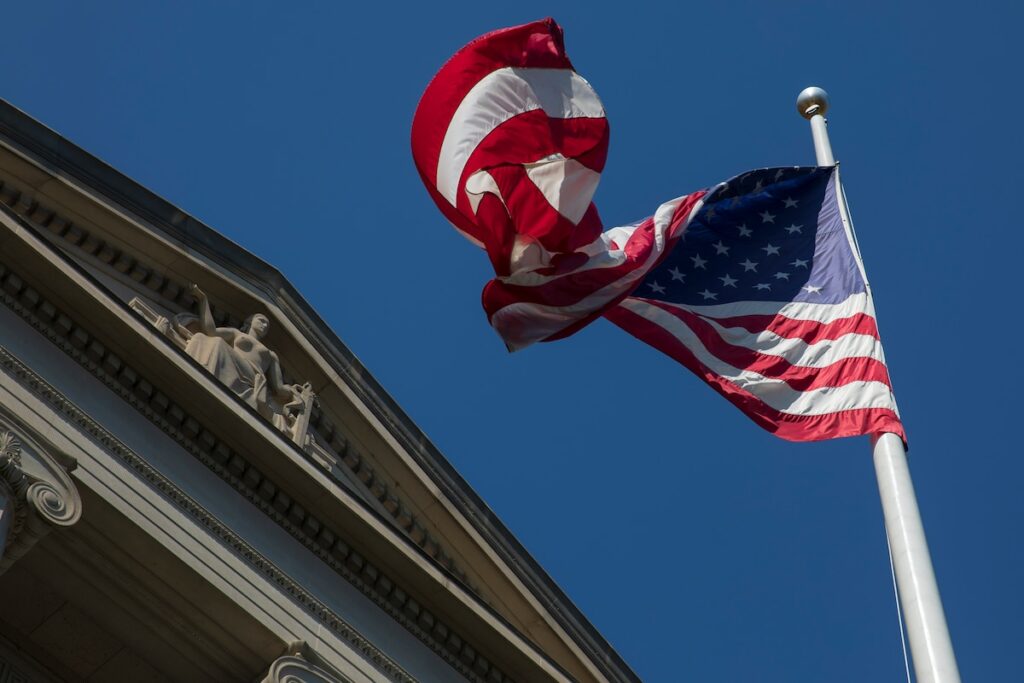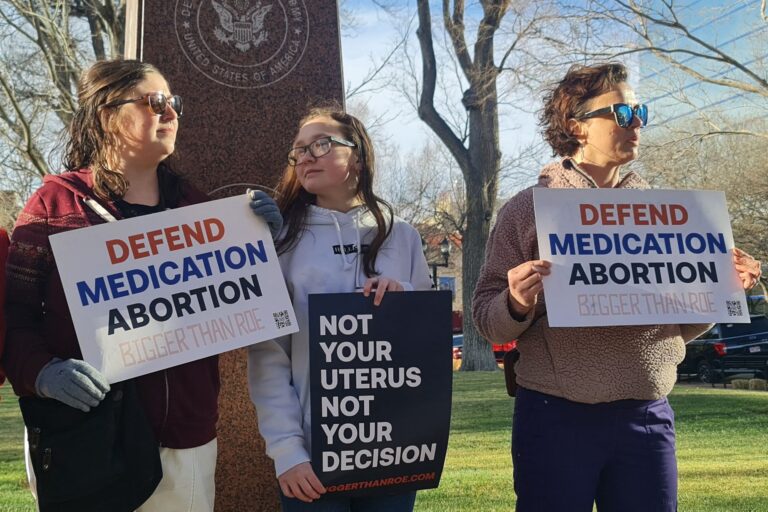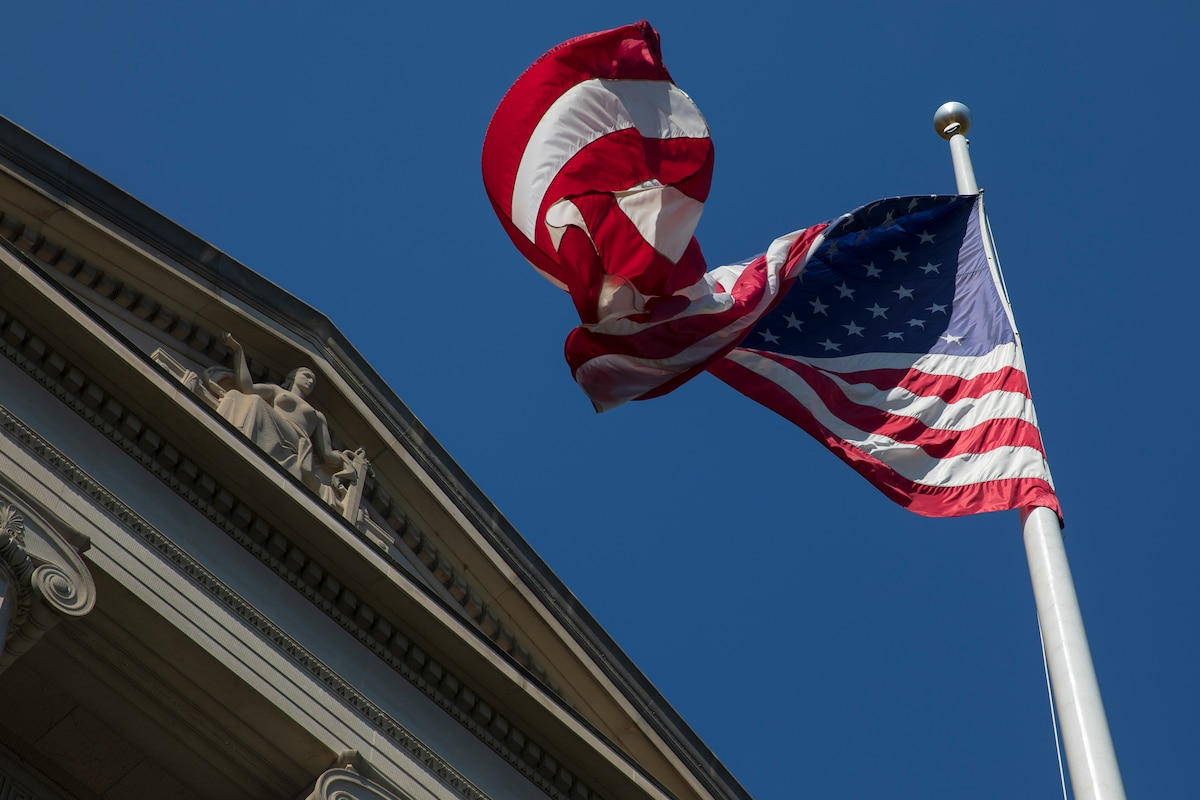The fight against “judge shopping”
More of This

The Justice Department has challenged three high-profile lawsuits filed in Texas against Biden administration policies, accusing state politicians of choosing small, conservative federal court divisions that have little relevance to their cases but nearly guarantee them a sympathetic judge.
It’s part of the administration’s first concerted effort to fight what some legal experts say is a growing problem of “forum shopping” — a strategy in which plaintiffs are alleged to cherry-pick judges they want to hear their cases, bucking the random assignment of judges that is considered a tenet of the American legal system.
One of the requests was denied. The other two are pending. In the fall, the Justice Department succeeded in convincing a Texas judge in a fourth case — involving a death-row prisoner — that he had no jurisdiction to rule on the matter.
Read the story on Washington Post
The Federalist Society isn’t so sure about democracy
Less of This

The Texas sun was just beginning to rise over central Austin as groups of neatly-dressed law students arrived at the AT&T Hotel and Conference Center, a beige monolith plopped on the southwestern corner of the University of Texas’s sprawling campus. Once inside the lobby, the students ascended two flights of stairs, crossed a courtyard, descended two more flights of stairs and rode two escalators down to a subterranean ballroom, where members of one of the most maligned organizations in American politics were gathering for breakfast.
It was the start of the second day of the Federalist Society’s National Student Symposium — an annual gathering of conservative and libertarian law students hosted by the conservative legal behemoth — and as I sidled up to one group of attendees, I got the sense that they were caught off guard to find a reporter in their midst.
“People think we’re some sort of shadowy cabal, but all we really do is invite speakers to campus and then go to Chipotle for tacos,” one of the attendees, a first-year law student from Georgetown University, assured me as we drank coffee and picked at mini croissants. “Or least, that’s all I’ve seen of FedSoc so far.”
Read the story on Politico
Anti abortion lawyers want to ignore Court injunctions they disagree with
Speaking Of…

Until very recently, nearly everyone accepted some basic ideas about the American legal system. If a state passes a law, and that law is challenged in court, we should act as if that law is still in effect while the case works its way through the court system.
That changes only if a judge issues a “preliminary injunction” blocking the law while the lawsuit plays out or a “permanent injunction” to strike the law down. In that case, we all act as if the law is not in effect.
But in recent years, an aggressive wing of the anti-abortion movement has been working to challenge this broadly held idea of legality — a push that has attracted little notice, but is further complicating the debate over abortion access. Jonathan Mitchell — the architect behind Texas’s notorious SB 8 law that bans abortions after about six weeks of pregnancy, who is currently suing three women for allegedly helping a friend end a pregnancy — has been advancing the idea that abortion providers could still be held liable for pregnancies they help terminate under restrictive state laws, even if the law is blocked by the courts when the abortion occurs.
Read the story on Vox
How the police become untouchable
Listen to This

In recent years, the high-profile murders of George Floyd, Breonna Taylor, and so many others have brought much-needed attention to the pervasiveness of police misconduct. Yet it remains nearly impossible to hold police accountable for abuses of power–the decisions of the Supreme Court, state and local governments, and policy makers have, over decades, made the police all but untouchable.
Strict Scrutiny is a podcast hosted by three badass constitutional law professors– Leah Litman, Kate Shaw, and Melissa Murray– Strict Scrutiny provides in-depth, accessible, and irreverent analysis of the Supreme Court and its cases, culture, and personalities.
Listen to Strict Scrutiny









